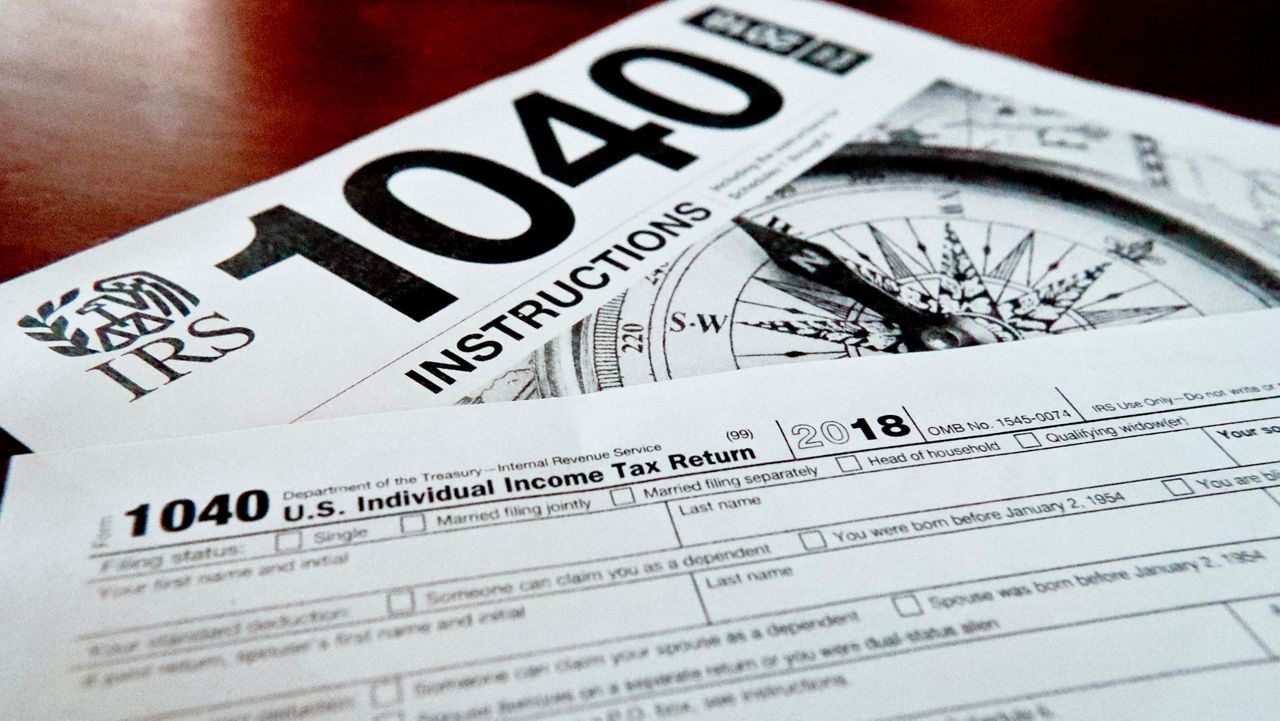New York state employers will no longer be allowed to test employees for cannabis, according to new regulations released by the state Department of Labor.
This makes New York the first state in the country to prohibit employers from testing both current and prospective workers.
In other states where marijuana is legal, there are laws that ban employers from penalizing workers who test positive, but this is the first regulation to explicitly prohibit workplace testing for cannabis altogether.
“Whether it's an employee or employer, they're just going to have to get adjusted to this,” Derrick Hogan, partner at Tully Rinckey PLLC, said. “But eventually, as the law progresses and as New York opens up to not only you can possess but then you can purchase legally, I think we're going to see people start understanding more. Then one day, it's going to be like alcohol, where, you know, you can't use it at the job and it's illegal, but there's a fine line there.”
There are a few exceptions to these rules.
If an employee is visibly impaired at work or possesses marijuana on the job, an employer would be able test and penalize a worker.
But if an employee shows up smelling of marijuana? That would still not be grounds to test them.
“Observable signs of use that do not indicate impairment on their own cannot be cited as an articulable symptom of impairment,” the Department of Labor regulations read. “Only symptoms that provide objectively observable indications that the employee’s performance of the essential duties or tasks of their position are decreased or lessened may be cited.”
Since marijuana is still illegal on the federal level, federal employees such as post office workers or commercial vehicle drivers could still be tested for cannabis use.
“Employers are going to have to adjust the new laws and be able to determine, 'do I have enough to discipline this individual, because I think they're not performing their essential function of their job?' And employees, they have to understand, just because marijuana is legal now, that doesn’t just give them the right to come into the office and smoke, or even before, and come into work high,” Hogan explained.
The state Cannabis Control Board also met on Thursday for the second time since officially launching earlier this month and issued new draft regulations for medical marijuana patients to grow plants at home.
Each patient can grow up to six plants, but there can be no more than 12 plants per household.
Designated caregivers can also grow plants on behalf of patients under 21 or for patients with disabilities.
The board voted unanimously to approve these draft regulations, but they will now be subject to a 60-day public comment period.
The Cannabis Control Board also announced that approximately 203,000 marijuana-related charges are currently being suppressed from criminal background searches and are in the process of being sealed or expunged, as part of the new marijuana bill, the Marijuana Regulation and Taxation Act, passed in March.
There were also 45 individuals who were in custody or under community supervision for third-degree criminal possession of marijuana who had their charges expunged.






_DNT_911_Air_Quality_Investigation_CLEAN_130267847_2447)


